The EU mandates that tech companies cannot use any connector and must focus on the USB-C form factor. This means that there is no room for Apple's Lightning, nor the previously used microUSB, nor any other connector specification that can be used by phones, tablets, players, consoles, headphones, etc. But what will happen next?
If we look at it soberly, if Apple switches to USB-C, users will benefit. Yes, we will throw away all Lightning cables and accessories, but we will get a lot of benefits that the constantly improving USB-C connector offers us. Lightning was more or less still surviving on the adamant will of Apple, which did not innovate it in any way. And this is where the problem arises.
Technology is about innovation. Even Apple itself flaunts it when it mentions that the EU will slow down development. His argument may be true, but he hasn't touched Lightning himself since its introduction in the iPhone 5. If it brought him useful upgrades year after year, it would be different and he could argue. USB-C, on the other hand, keeps getting better with newer generations that usually provide better speeds and more options for connecting peripherals like external monitors, etc., whether it's USB4 or Thunderbolt 3.
It could be interest you
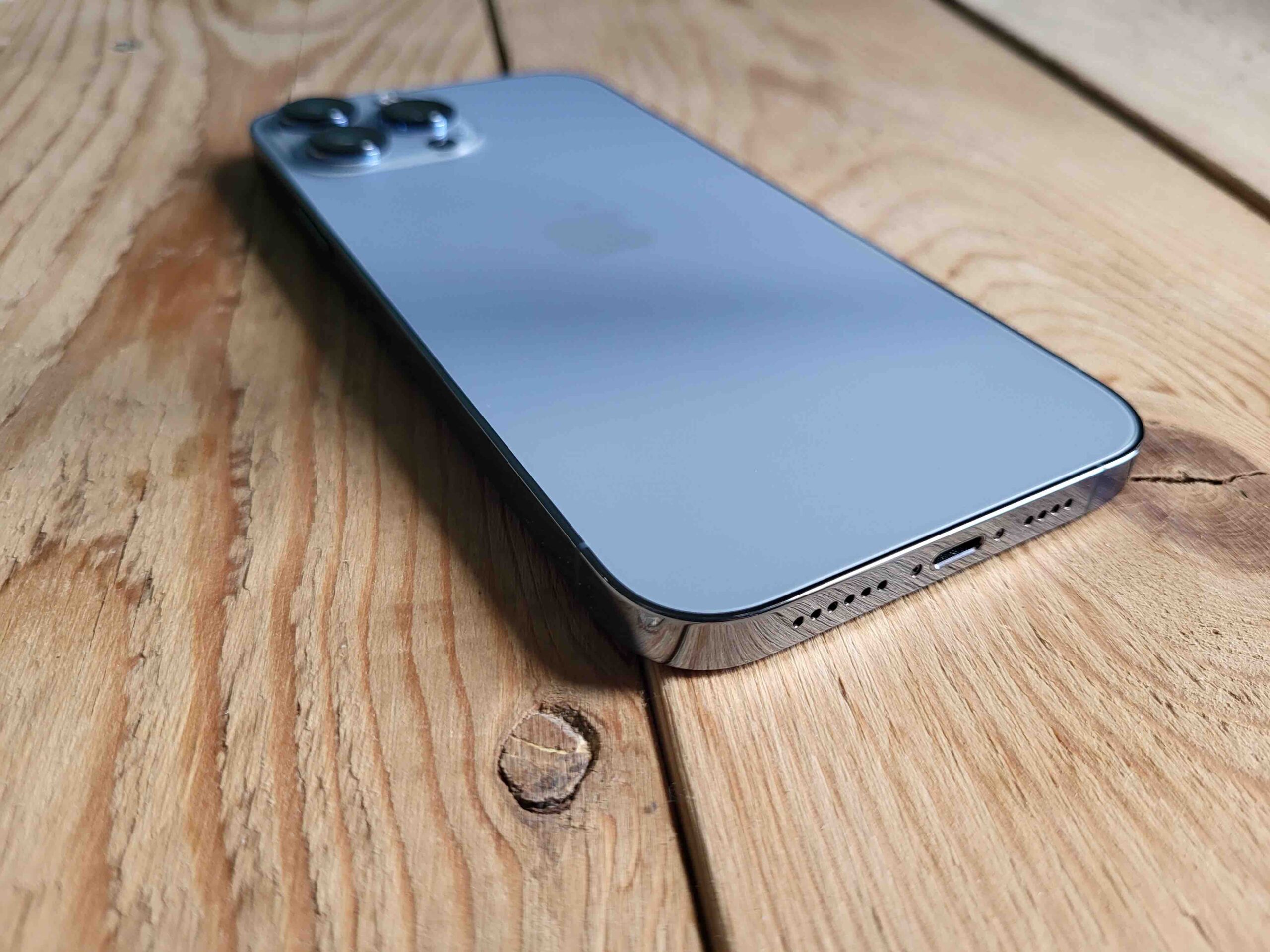
USB-C forever
USB-A was created in 1996 and is still used in many cases today. USB-C was created in 2013, so it still has a long future ahead of it in whatever form the specification takes, as long as we're talking about the same size connector and port as such. But will we actually see a physical successor?
We got rid of the 3,5mm jack connector, and since we all switched to TWS headphones, it seems like forgotten history. Since the advent of wireless charging technology, it is getting into more and more devices, so its popularity is growing among users who are also increasingly buying wireless chargers rather than just classic cables with a given connector.
Apple didn't come up with MagSafe for nothing either. It is a definite preparation for what is to come. We don't need to be any analysts or soothsayers without being able to say with certainty that the future is truly wireless. Until some daredevil comes up with a fully portless device, the ever-evolving USB-C will be here with us before it too dies in mobile phones. And it makes sense. Looking at USB-A's longevity, do we really want another standard at all?
Chinese manufacturers in particular know how to push wireless charging speeds to extremes, so it's not so much about the technology as what the batteries can handle and what the manufacturer will allow. We all know that even Apple could do with 15W Qi charging, but it just doesn't want to, so we only have 7,5W or 15W MagSafe. E.g. Realme can do 50 W with its MagDart technology, Oppo has 40 W MagVOOC. Both cases of wireless charging thus exceed Apple's wired one. And then there's wireless charging on short and long distances, which will be the trend when we say goodbye to wireless chargers.
It could be interest you
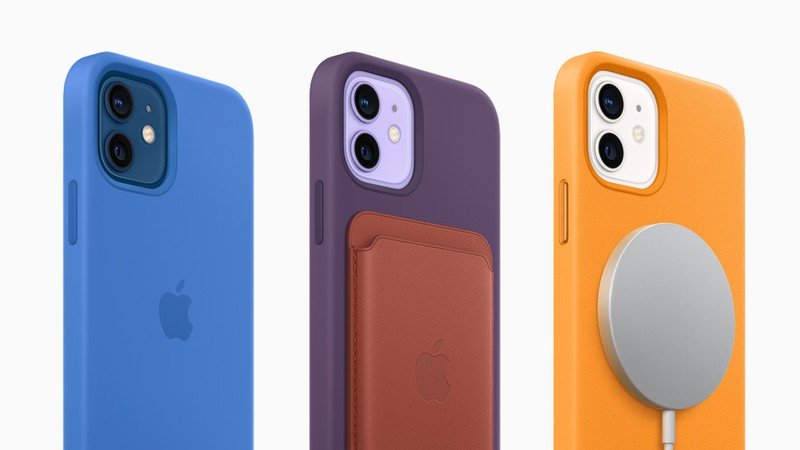
Do we even need a connector?
Wireless power banks are capable of MagSafe, so you can charge your iPhone in the field without any problems. TVs and speakers can AirPlay, so you can also send content to them wirelessly. Cloud backup also requires no wire. So what is the connector for? Maybe to connect a better microphone, maybe to download offline music from streaming platforms, maybe to do some service. But couldn't all this also be solved wirelessly? It certainly wouldn't hurt if Apple unlocked NFC for wider use, we wouldn't have to rely on Bluetooth and Wi-Fi all the time, in any case, if the iPhone 14 was fully wireless already, I wouldn't really have a problem with it at all. Apple would at least show the EU a raised middle finger.
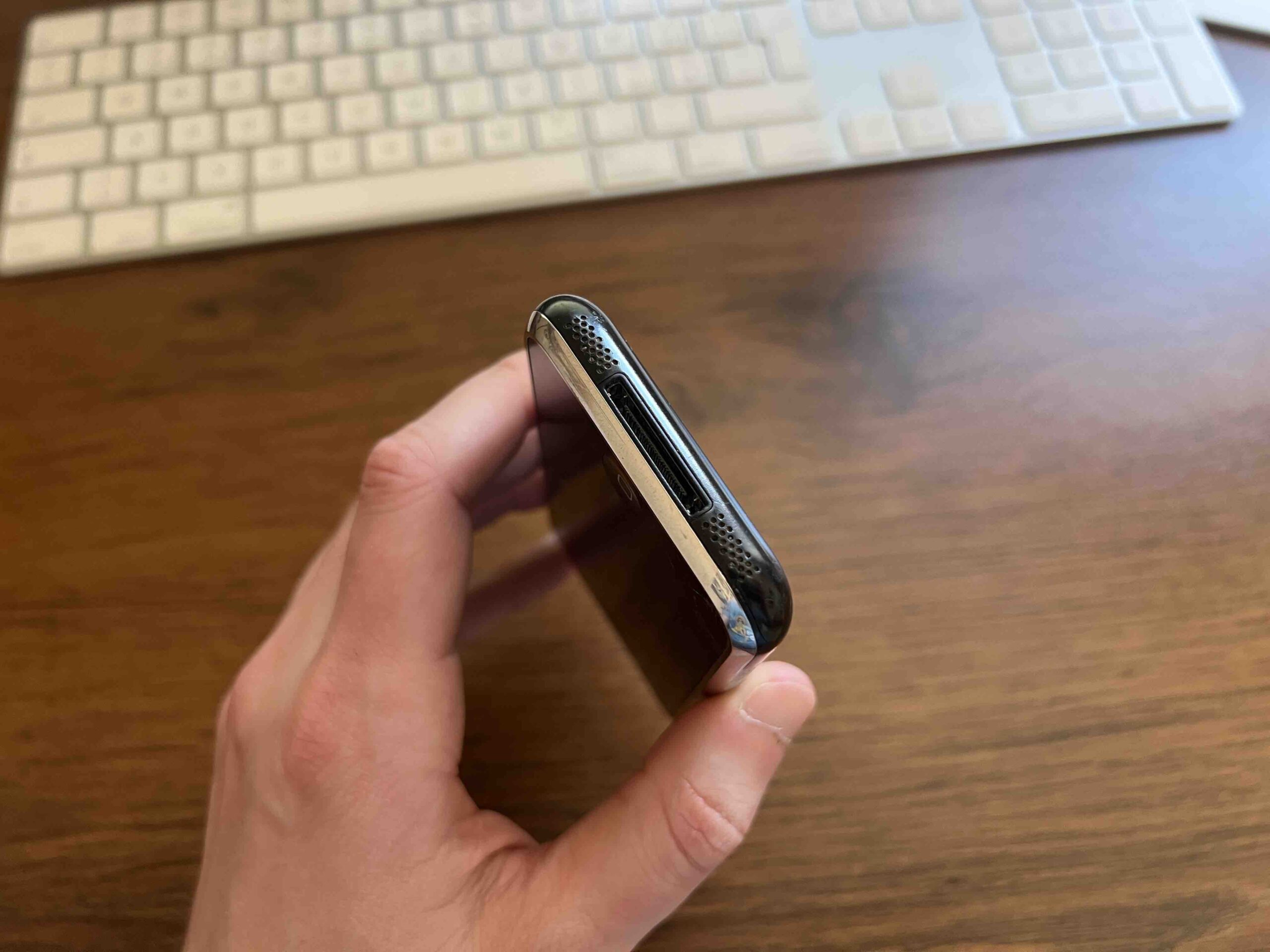
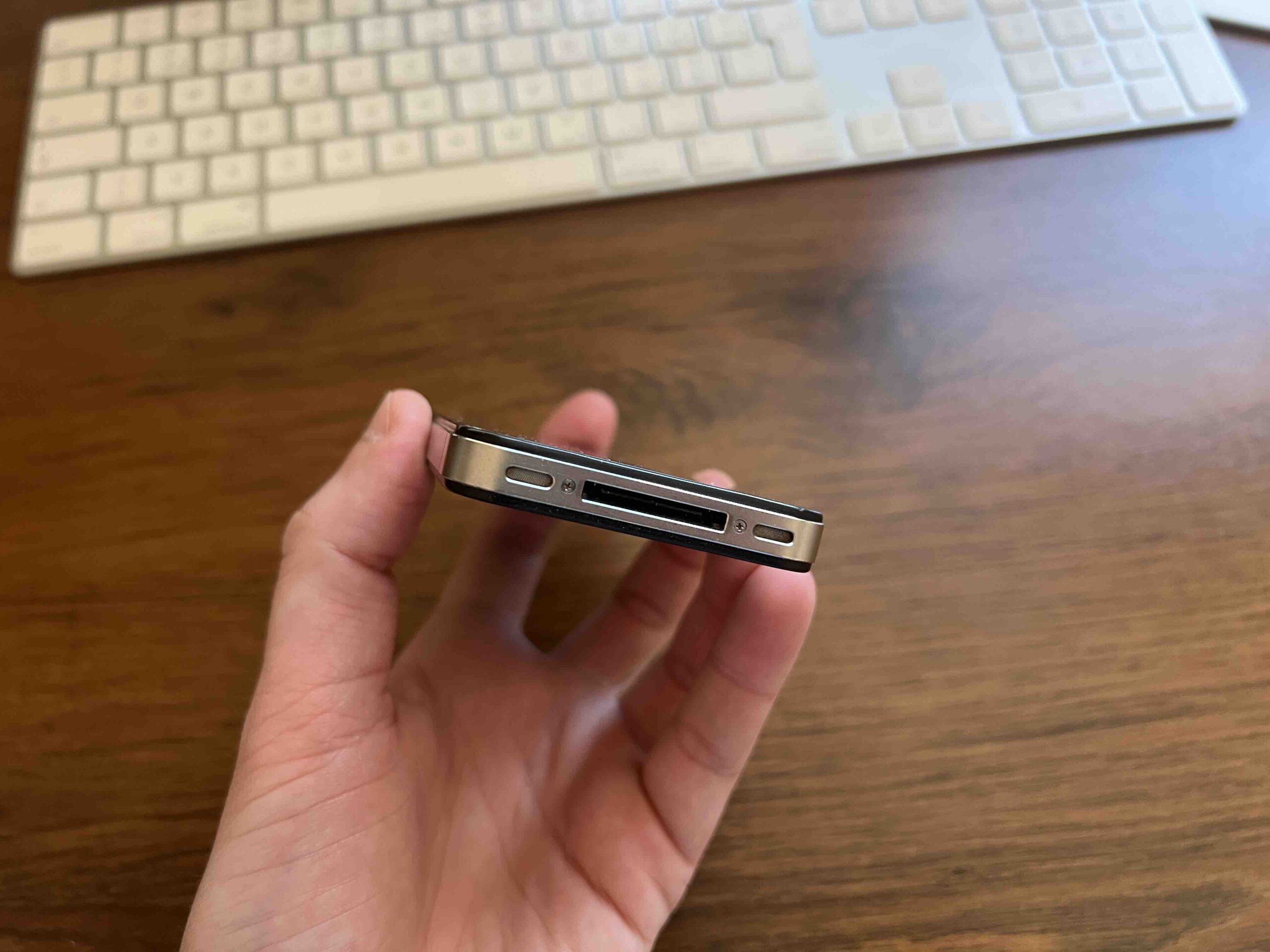
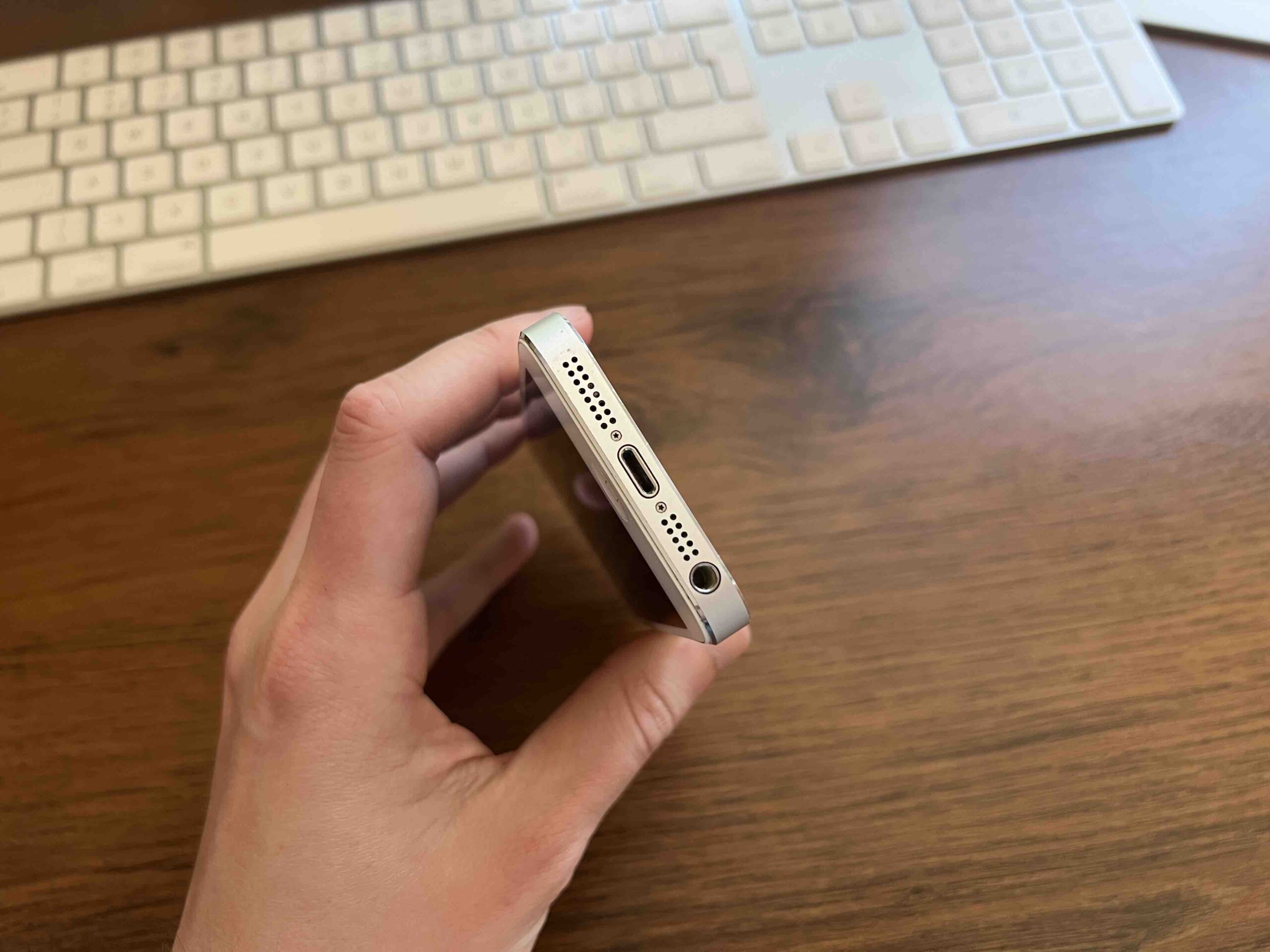
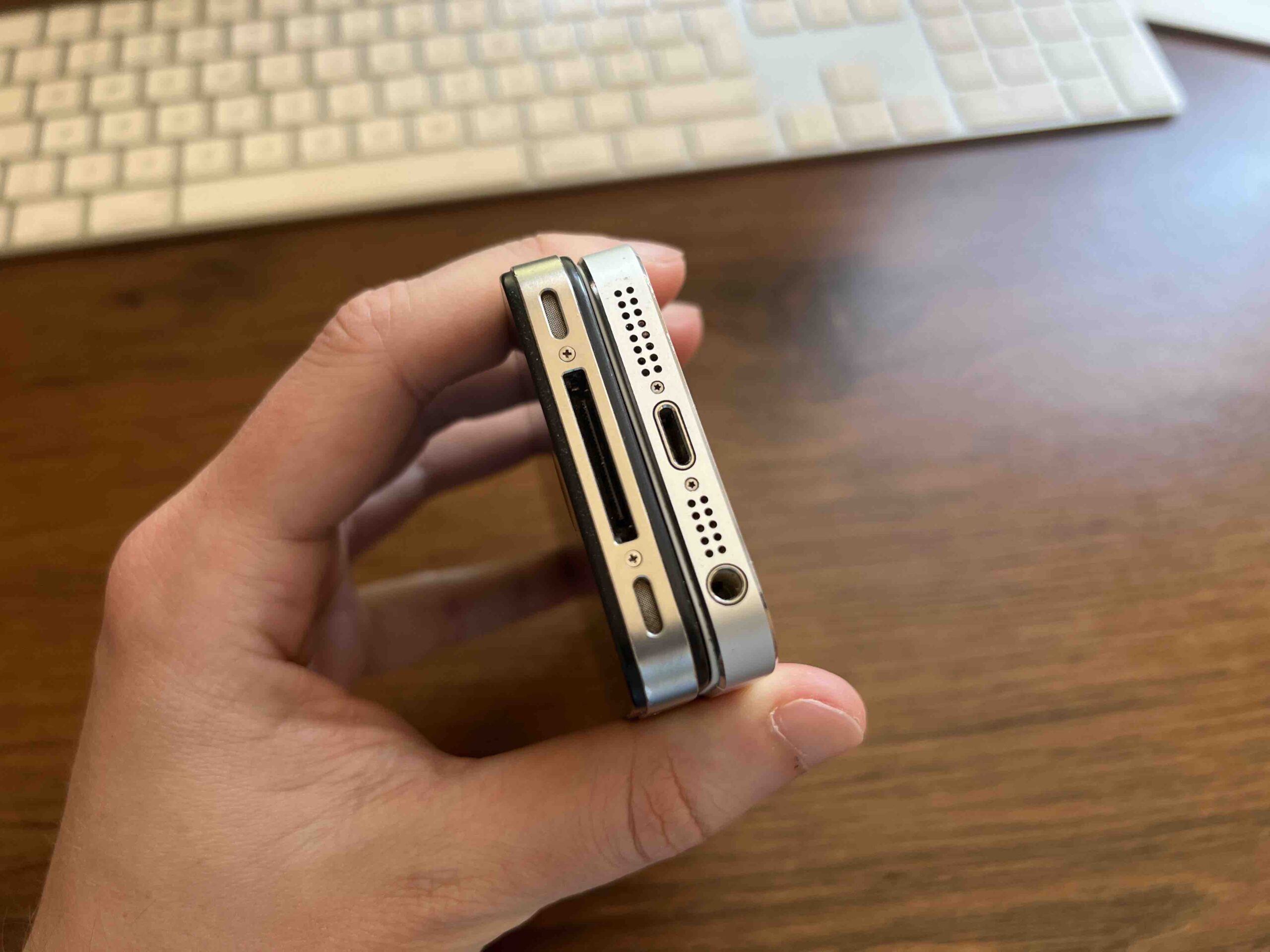
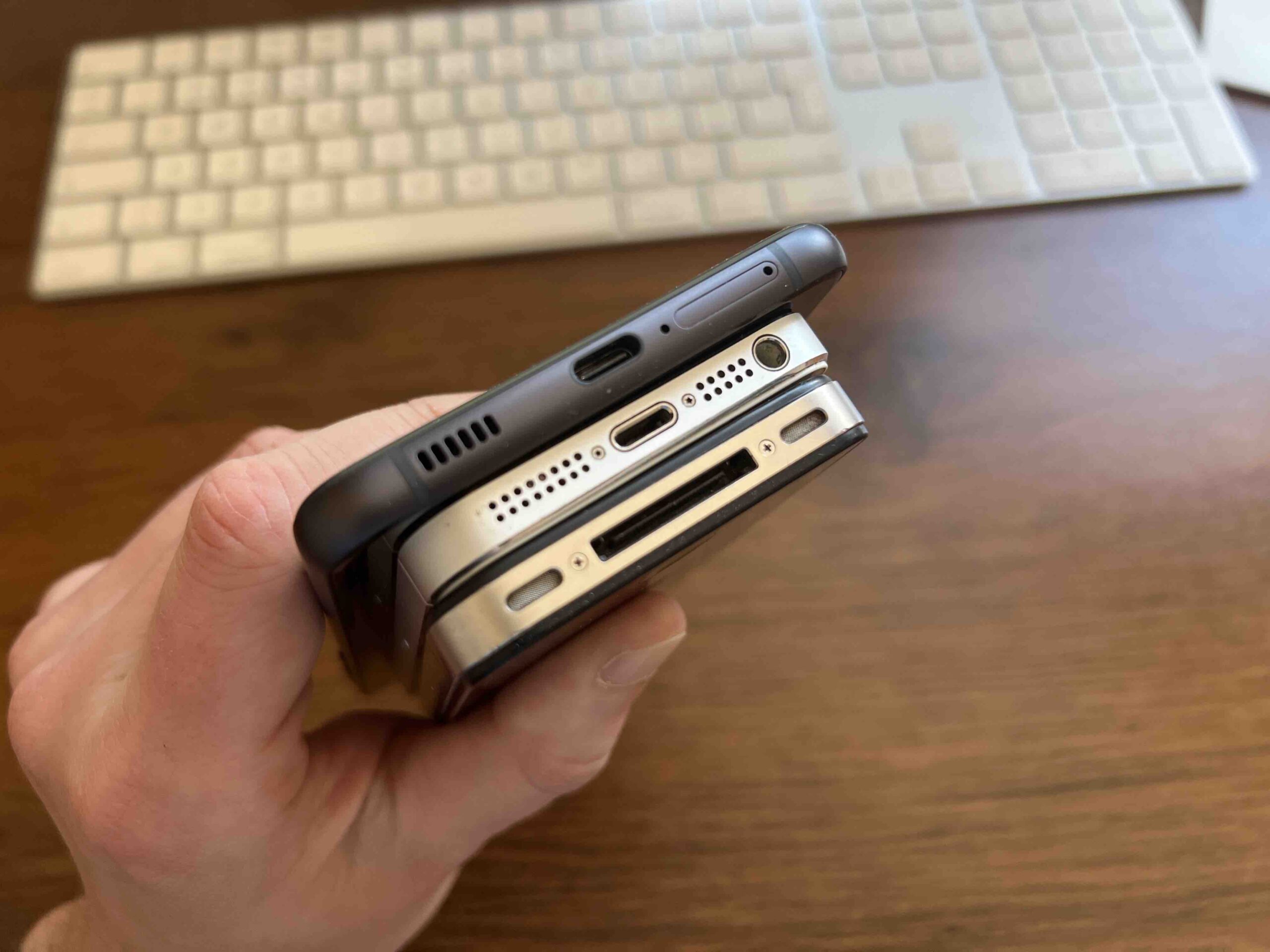
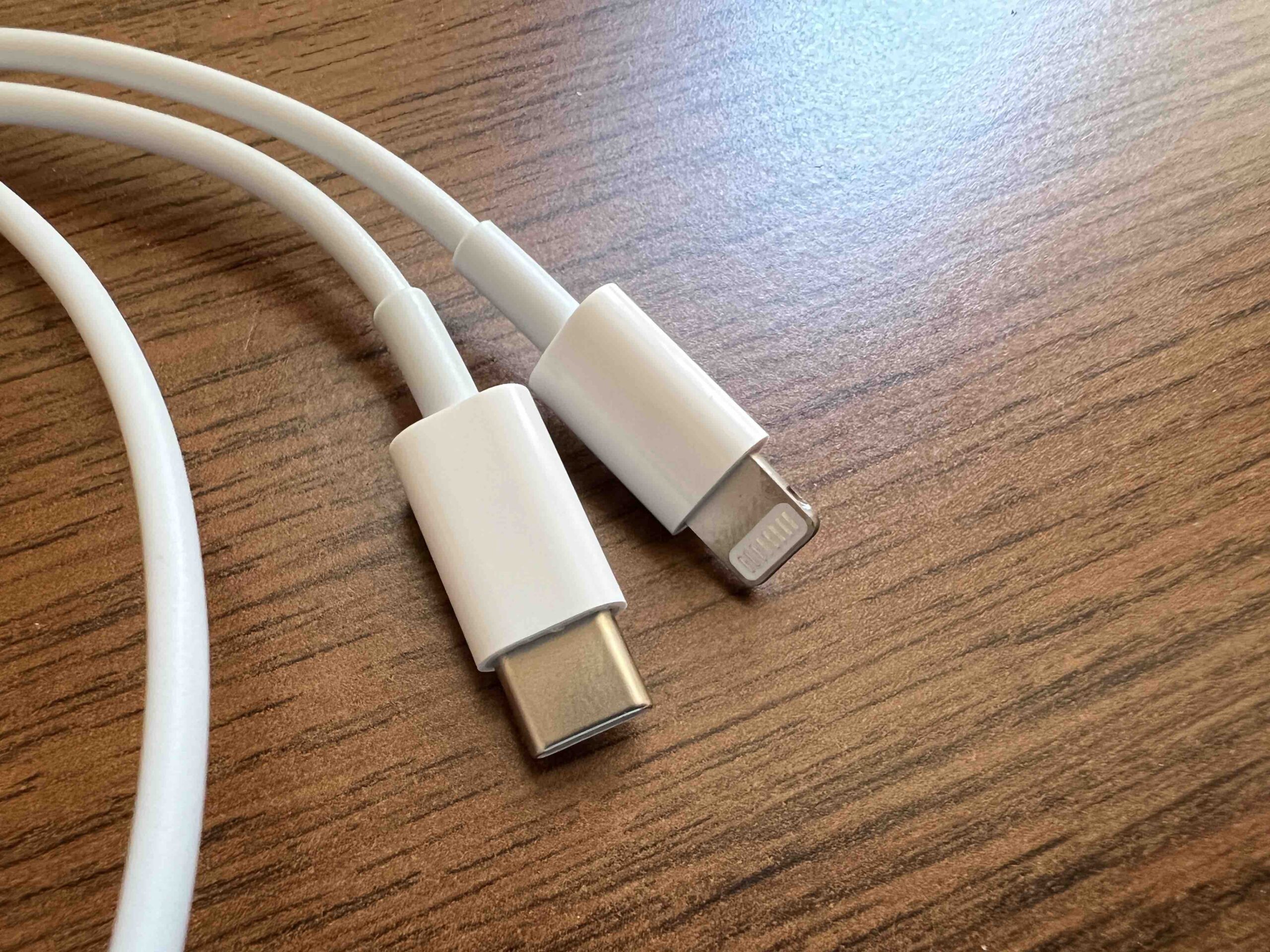
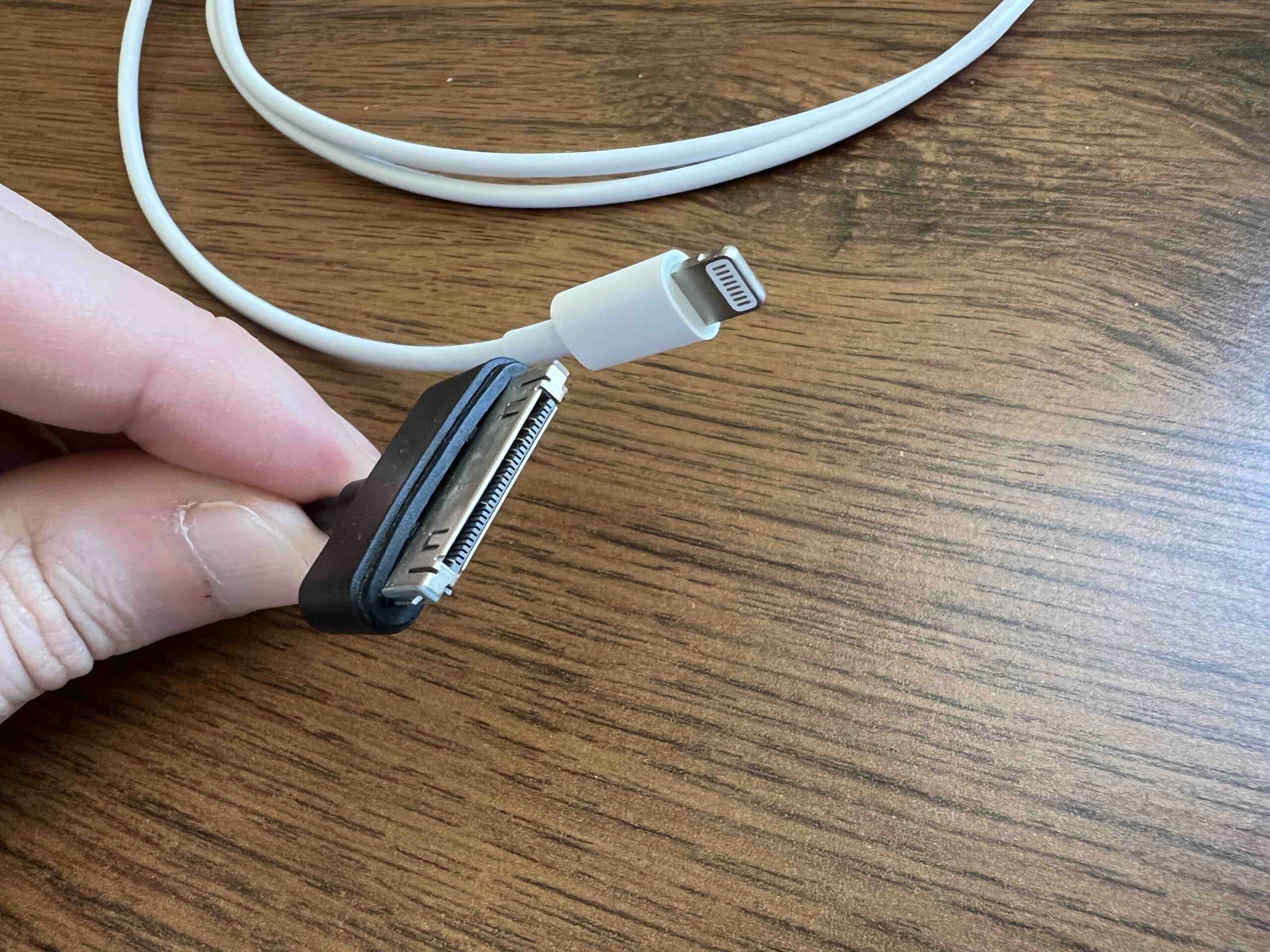
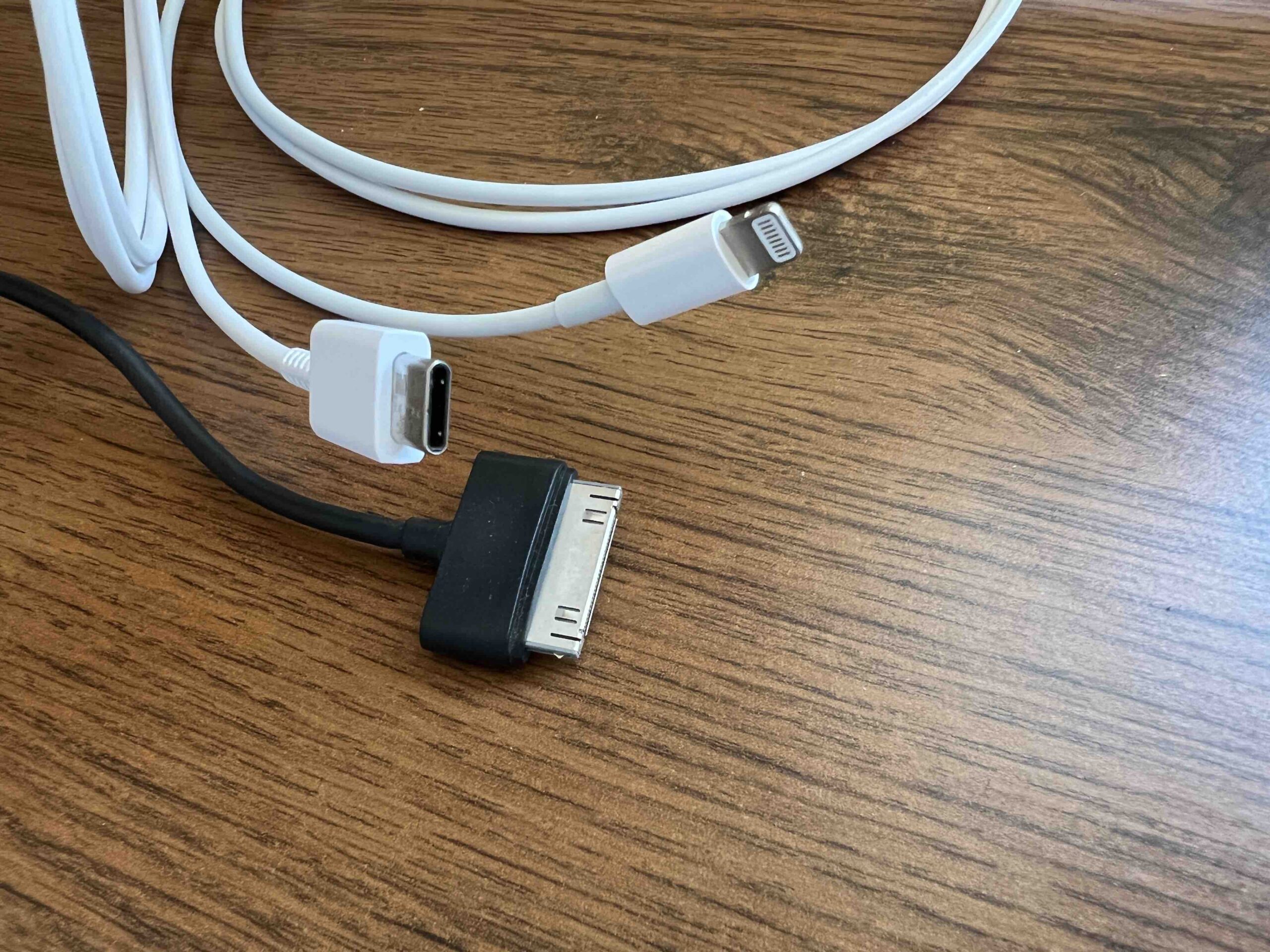
 Adam Kos
Adam Kos 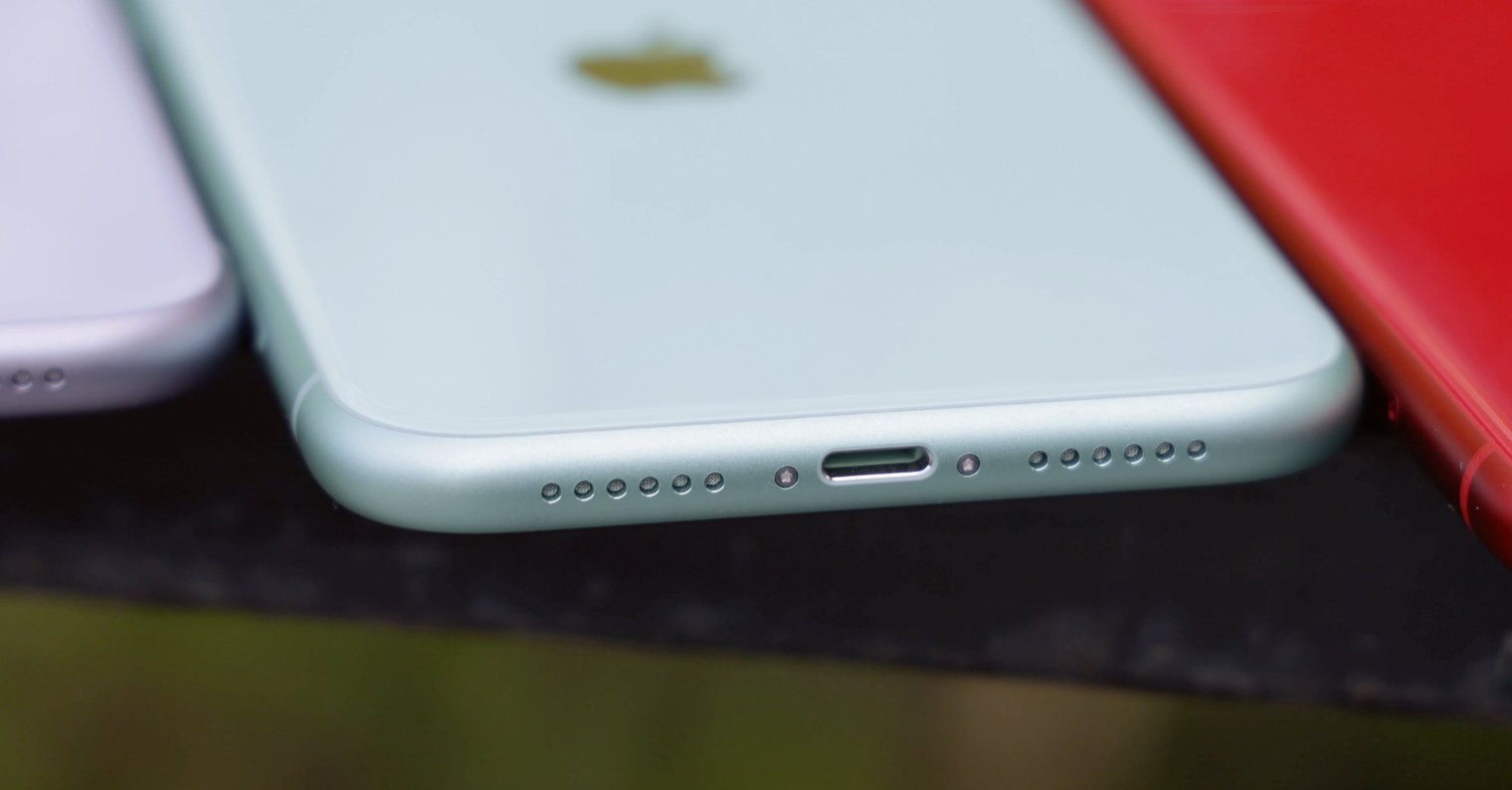
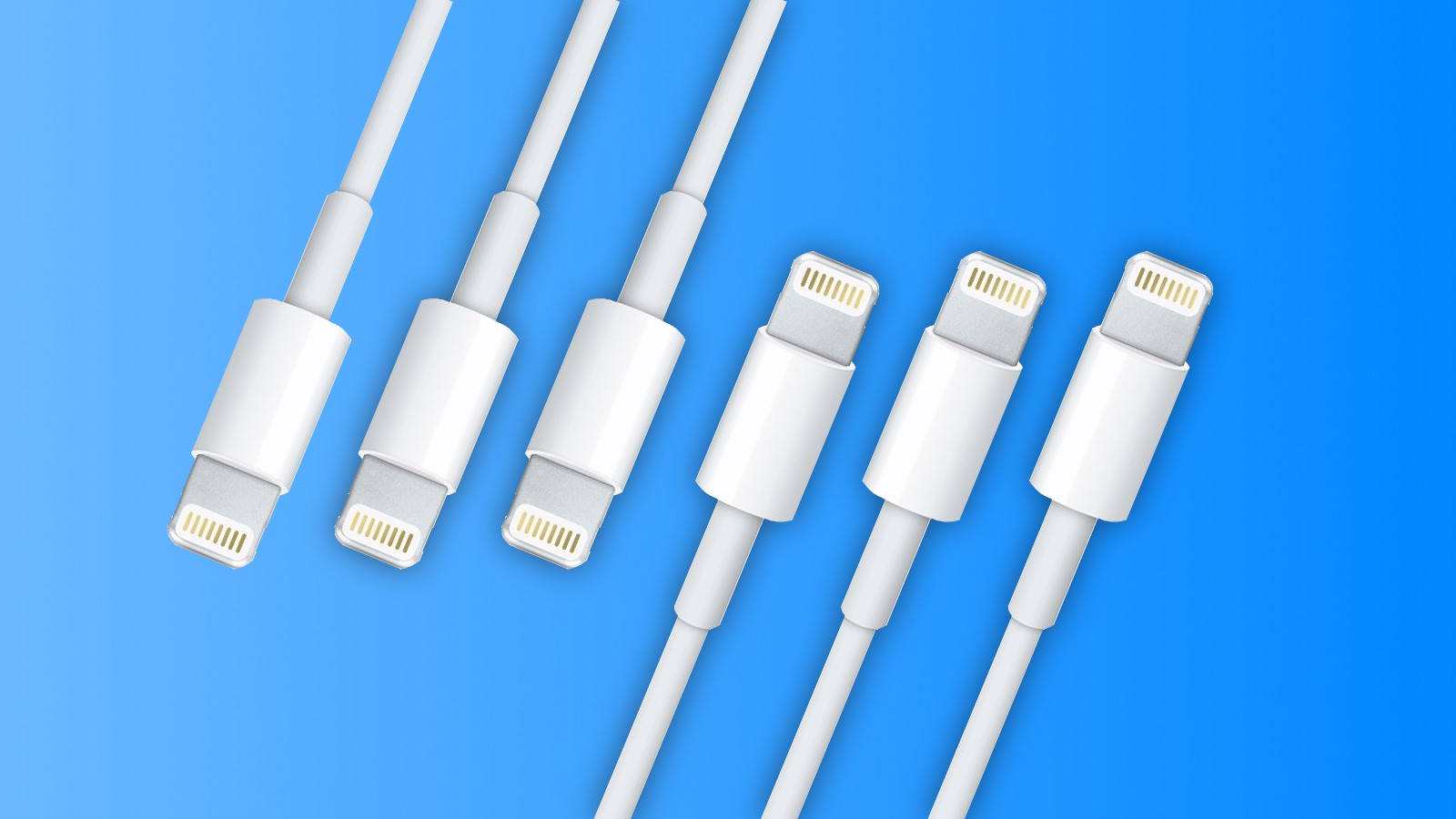
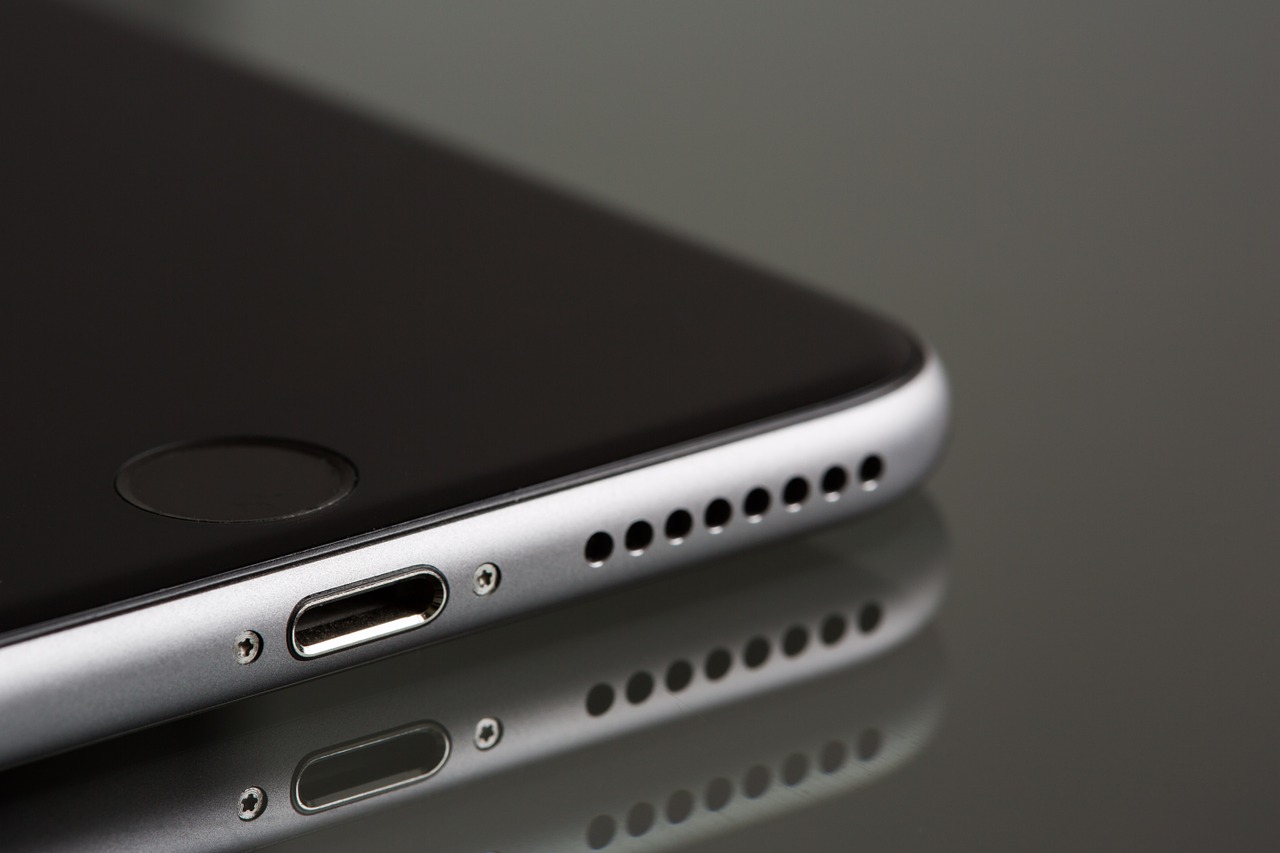
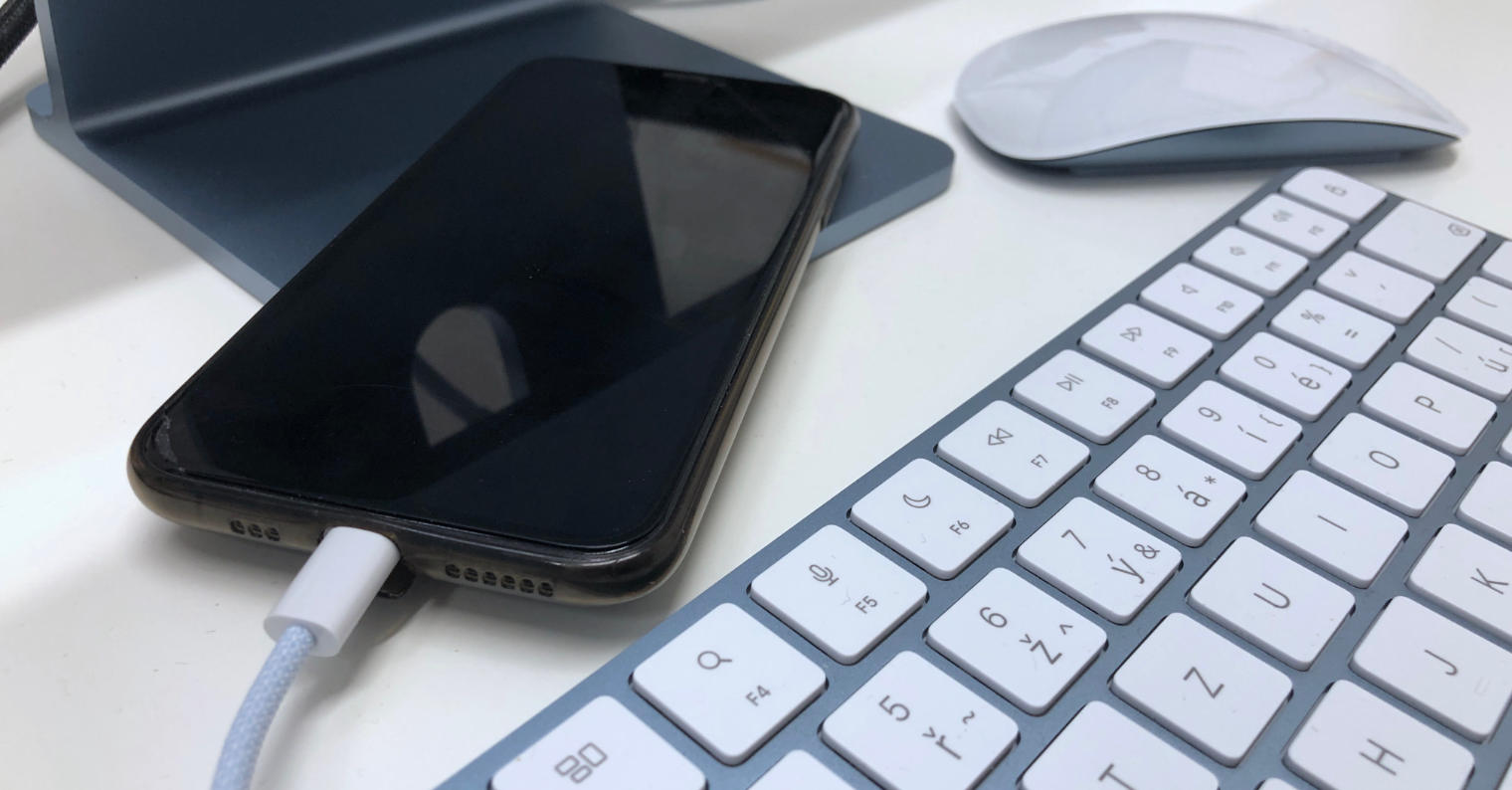
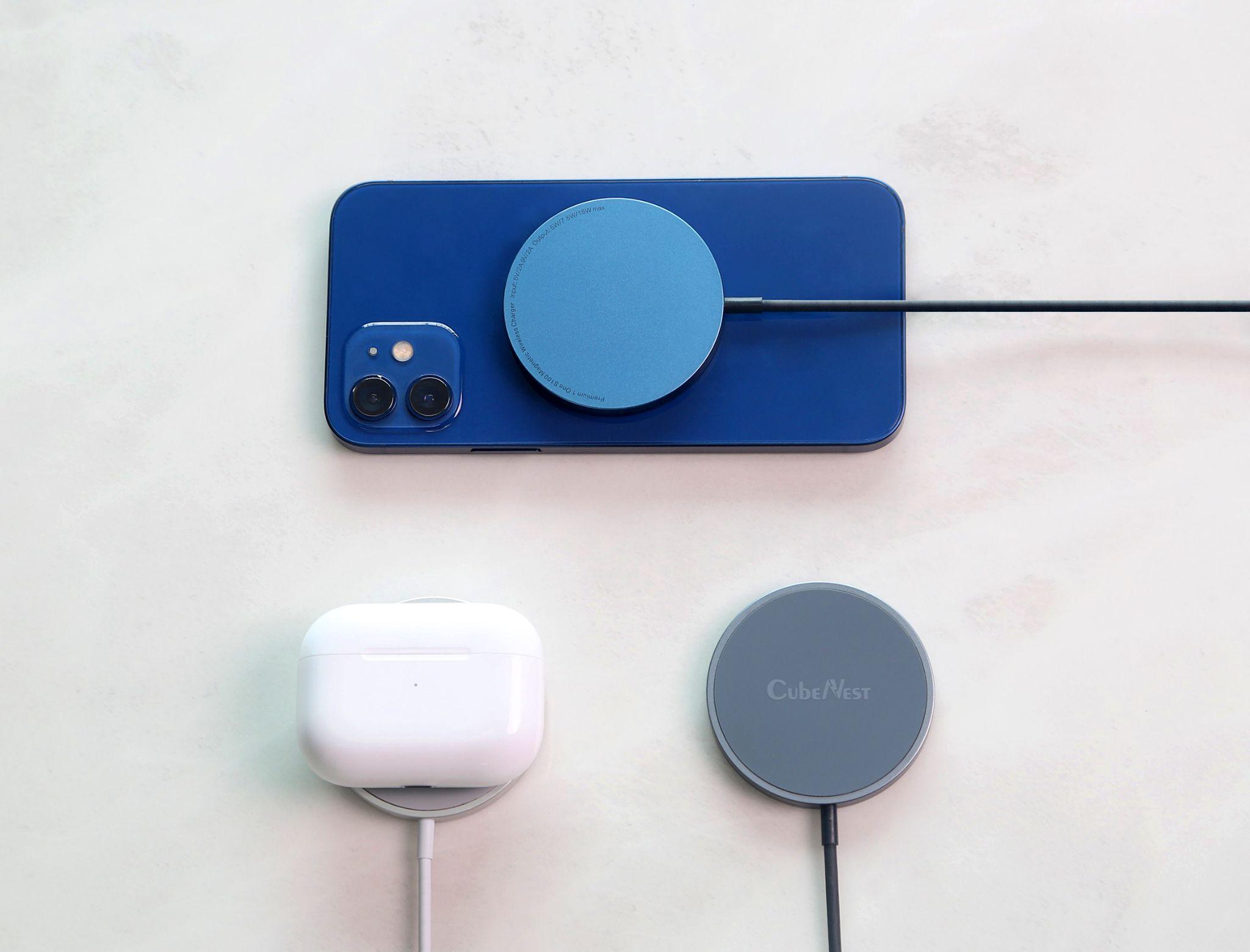

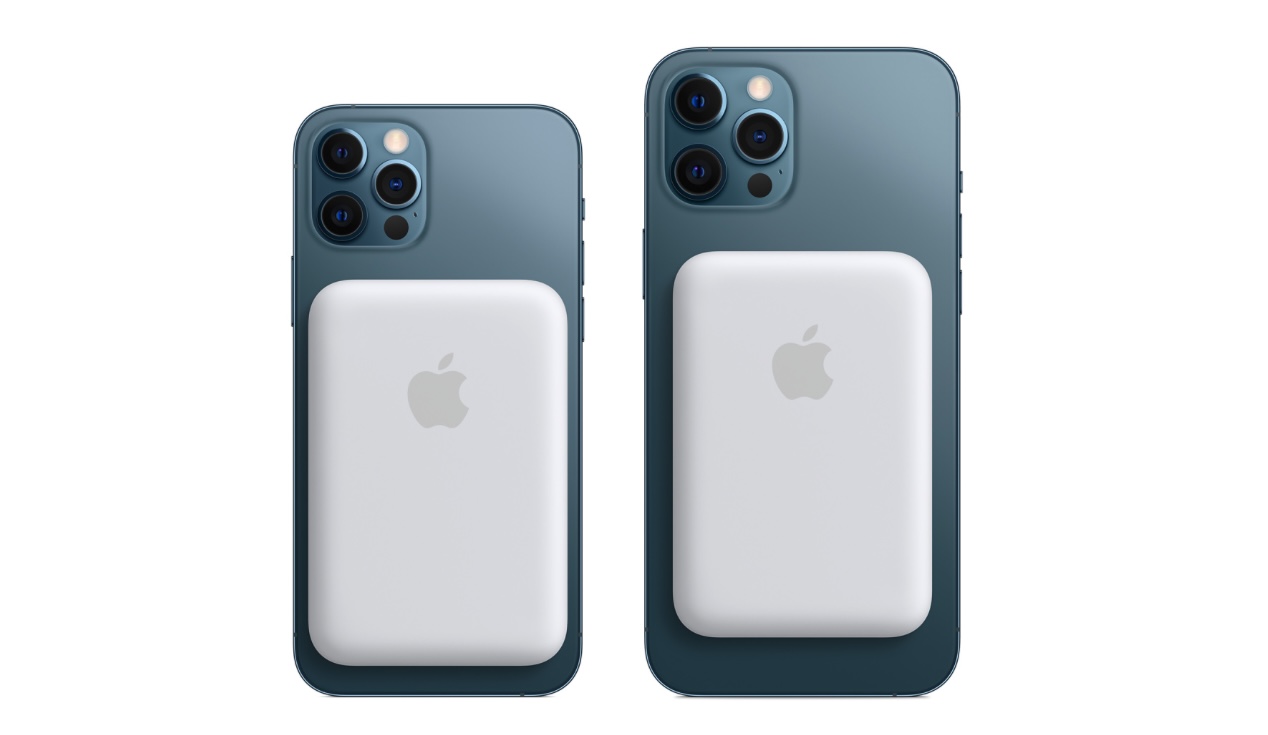
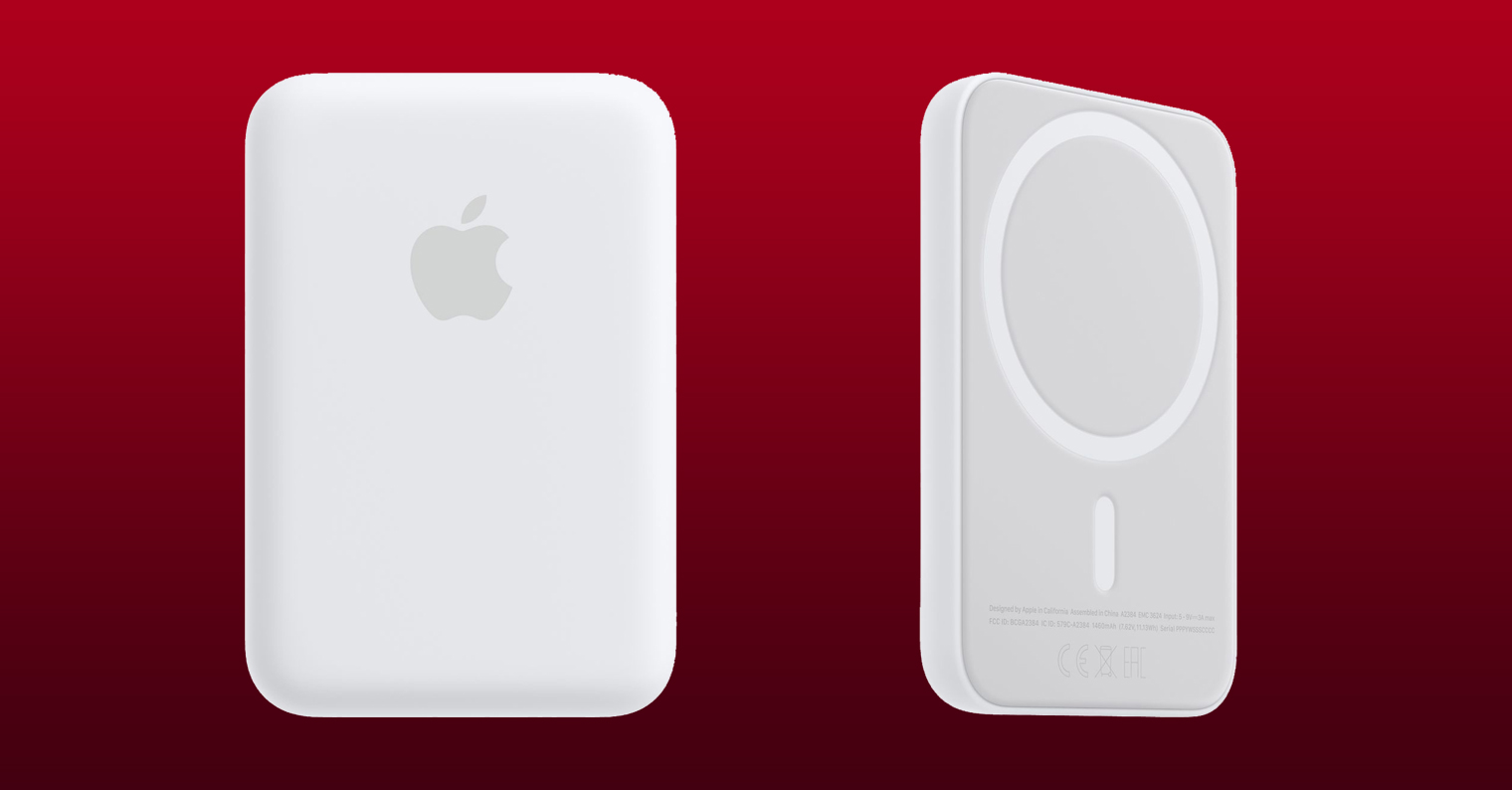
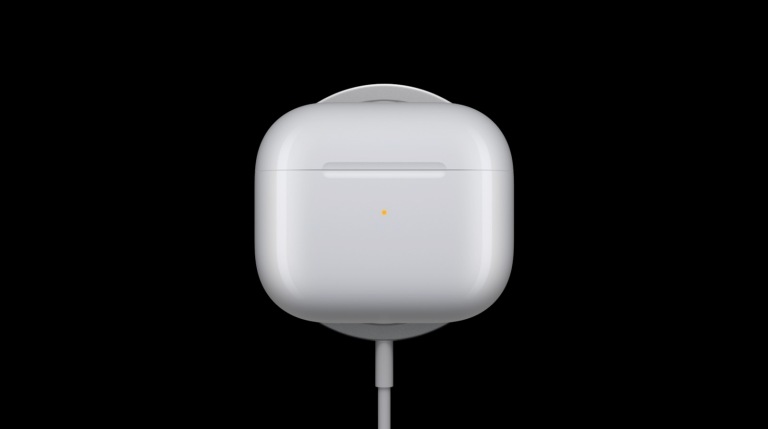
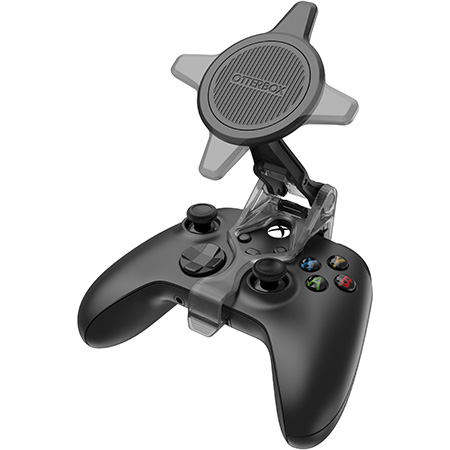
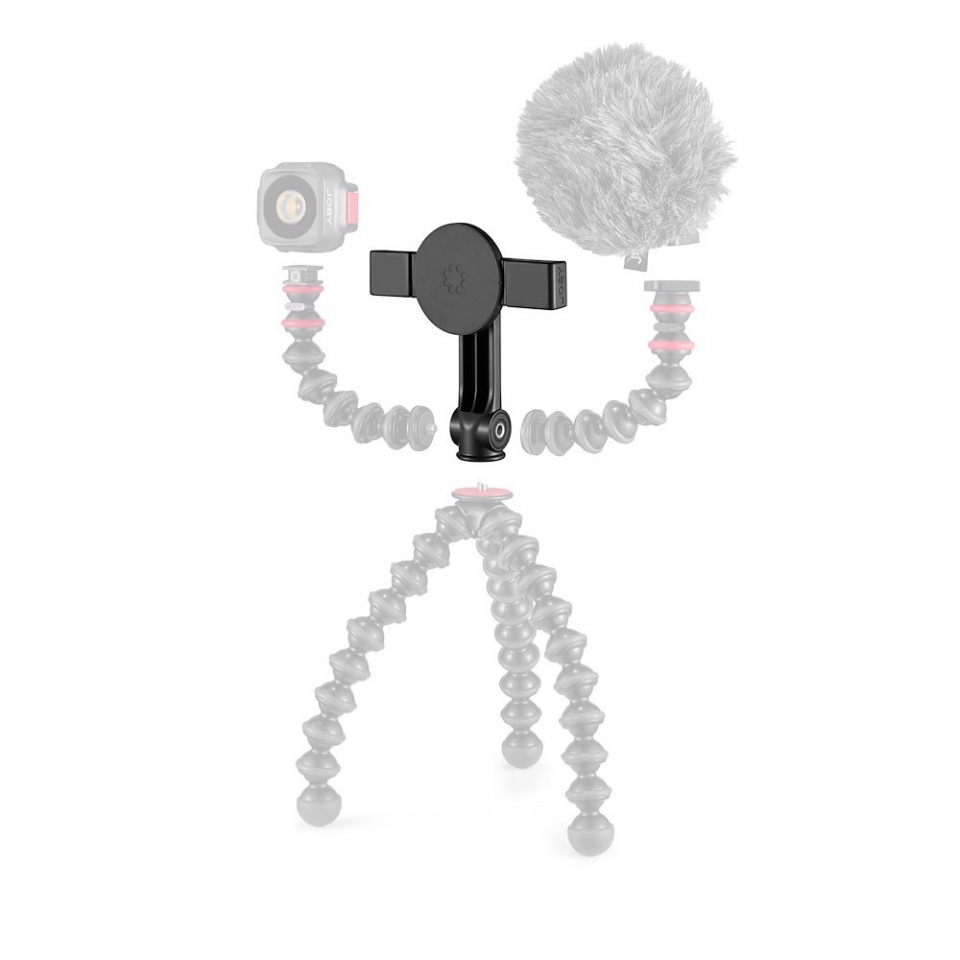
why is usb-c being addressed for the sake of "ecology" when wireless charging itself is perhaps 20-40% less efficient.. wireless iphones will therefore have a much higher energy consumption for charging.. so where is the ecology? I think that the pile of waste due to cables is just as terrible as needlessly producing a third more electricity here.. now I'm not pointing it at apple but rather at the EU..